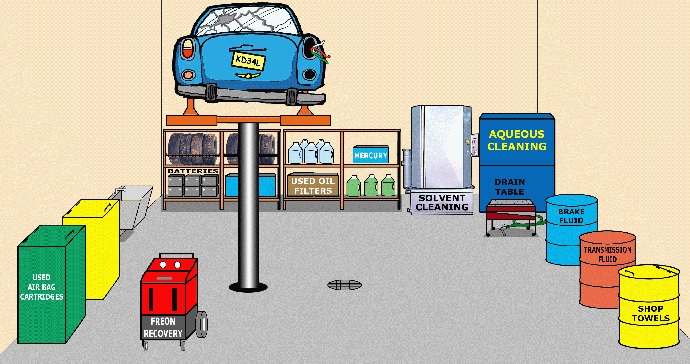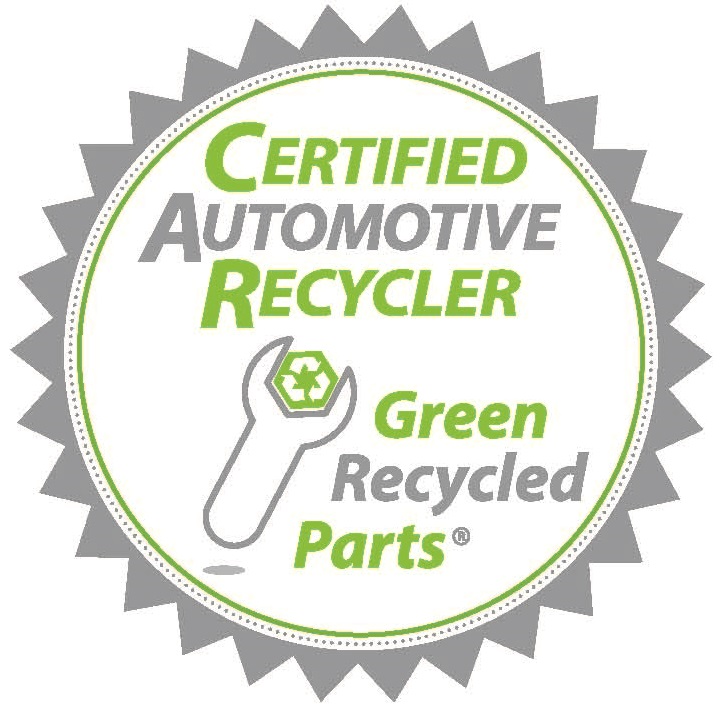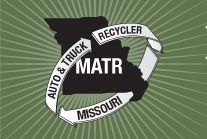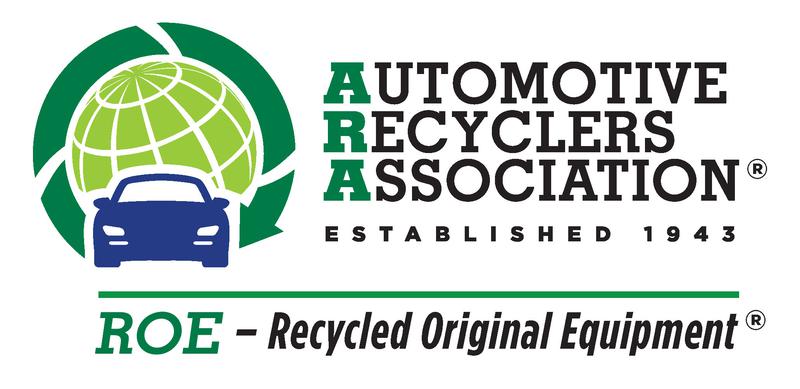Certified Auto Recyclers
Many professional automotive recyclers use a certification program to attain and maintain compliance with environmental, safety and transportation rules applicable to salvage facilities. The Automotive Recyclers Association (ARA) Certified Auto Recyclers (CAR) program sets a standard of excellence as the path to compliance.
Regulatory Agency
The Missouri Department of Natural Resources (MO-DNR) is the agency in Missouri charged with maintaining state parks and forests, protecting the environment, and managing energy, fish, wildlife, land resources, and water resources. The MO-DNR issues permits for air quality, land application and water discharge including stormwater permits for Automotive Recyclers in the state. For more information, contact the Missouri Department of Natural Resources at 800-361-4827.
The Environmental Protection Agency (EPA) Region 7 (Midwest) office administers and enforces federal hazardous waste management requirements (40 CFR Parts 260-279) in Iowa, Kansas, Missouri, Nebraska and Nine Tribal Nations.
U.S. EPA Region 7
11201 Renner Blvd.
Lenexa, KS 66219
913-551-7003 or toll-free at 1-800-223-0425
Stormwater Regulation
The EPA delegated authority for the NPDES permitting program to the Missouri Department of Natural Resources and under this authority, Missouri published its own stormwater regulations. The Missouri DNR issues permits for discharging regulated stormwater. Most of these permits are written to be site-specific, issued to that one location to reflect the unique nature of the stormwater or receiving water.
Spill Reporting
The Environmental Emergency Response (EER) Section is the department’s front line of defense against releases of hazardous substances, natural or man-made disasters and threats to homeland security. EER fulfills the department’s duties outlined in legislation commonly known as the Spill Bill. EER's responsibilities include addressing any material released to land, water or atmosphere that may impact the environment and public health. https://dnr.mo.gov/waste-recycling/investigations-cleanups/environmental-emergency-response
Under the Missouri Spill Bill, responsible parties or spillers are required to report hazardous substances releases to the department's 24-hour Environmental Emergency Response Spill Line at 573-634-2436, or the National Response Center at 800-424-8802. Duty officers monitor the department's spill line 24/7 on a rotating basis. During normal business hours, duty officers staff the incident command center at the Environmental Services Program in Jefferson City, and after business hours, they answer the spill line from home.
EER's state on-scene coordinators work from six locations in Missouri: Jefferson City, St. Louis, Kansas City, Poplar Bluff, Macon and Springfield. Duty officers dispatch them when environmental emergencies occur. All state on-scene coordinators are certified hazardous material technicians.
EER Tracking System https://dnr.mo.gov/env/esp/meerts.htm
EER uses a database, the Missouri Environmental Emergency Response Tracking System, as a repository for information related to all hazardous substance emergencies and releases. Details of each spill or incident are entered into the system by the officer on duty at the time of the spill. The database information can be queried as far back as December 1993. It is available on the Internet in a searchable format.
Environmental Services Program
P.O. Box 176
Jefferson City, MO 65102
800-361-4827
573-526-3315
If the hazardous condition involves the release of an EPA regulated material or an oil as defined by the EPA, the release may also need to be reported to the National Response Center at (800) 424-8802. Federal Reporting is required within 15 minutes of event occurrence or discovery.
Resources
National Small Business Environmental Assistance Program
The 1990 Clean Air Act Amendments required states to develop programs to help small businesses comply with air quality regulations through a small business environmental assistance providers' programs (SBEAP). Many state technical assistance programs have expanded their air quality focus to provide technical assistance in other environmental areas. Services provided by these organizations for small businesses include multi-media environmental compliance and pollution prevention (P2). P2 services help businesses reduce emissions at the source, often reducing regulatory burden and sometimes saving money.
To access these free, often confidential services and see which ones your state offers, locate your state program at https://nationalsbeap.org/states
Pollution Prevention Resource Exchange (P2Rx™) http://www.p2rx.org/
P2Rx is a national partnership of regional pollution prevention information centers funded in part through grants from EPA. We build networks, deliver P2 information, and measure P2 program results.
Pollution Prevention Regional Information Center (P2RIC)
P2RIC improves resource sharing among the programs, businesses, and agencies within EPA Region 7 (Iowa, Kansas, Missouri, Nebraska) that provide waste reduction services and expertise to business and industry.
P2RIC's projects include: a searchable online collection of more than 50,000 P2 related publications, fact sheets, case studies and technical reports.
Resources and information to achieve resource conservation (energy efficiency, water conservation, waste avoidance, toxics use reduction), focused on the Triple Bottom Line evaluation and adoption of business strategies, management and practices can be found in the online video library https://www.epa.gov/p2/pollution-prevention-resource-exchange-p2rx
The following fact sheets are designed to assist automotive recyclers with operating their businesses and managing their wastes in compliance with the environmental laws in their state. Select from the list below.







